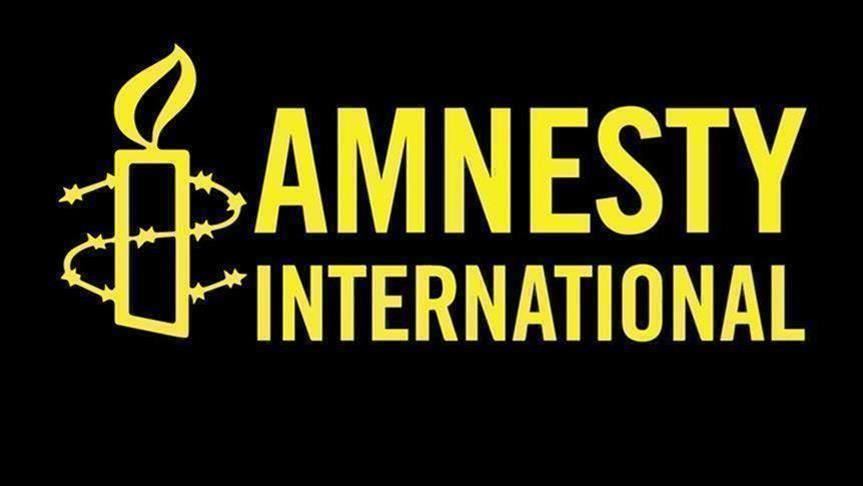The UN Security Council must renew and strengthen enforcement of the arms embargo on South Sudan, Amnesty International said on Wednesday, exposing new evidence that multiple security forces are breaching it and concealing weapons amid a volatile security situation.
Next month the Security Council is set to vote on a resolution that would renew the embargo, which currently expires on 31 May 2020.
Earlier this year, the organization’s investigators gained access to 12 military training and cantonment sites across the country run by members of formerly opposed forces including the South Sudan People’s Defence Forces (SSPDF), Sudan People’s Liberation Army-In Opposition (SPLA-IO) and South Sudan Opposition Alliance (SSOA), as well as the so-called “Organized Forces” of the police, fire brigade, and wildlife service.
The rights group discovered evidence of newly imported small arms and ammunition, illicit concealment of weapons, and diversion of armoured vehicles for military uses not approved under the arms transfer licenses.
Government and former opposition forces’ reporting on security arrangements actively deceived Intergovernmental Authority on Development (IGAD)-supported monitors, showing an urgent need for meticulous, independent verification.
“Weapons have been used to commit horrific human rights violations and war crimes throughout the conflict,” Deprose Muchena, Amnesty International’s Director for East and Southern Africa said in a statement issued in Nairobi.
Most of the hundreds of rifles and other small arms that Amnesty International investigators observed in the hands of soldiers were acquired prior to the embargo the UN Security Council imposed on all of South Sudan in July 2018.
However, several bodyguards for prominent generals from government and opposition forces alike, who would have first access to newly acquired weapons, carried models of Eastern European weapons never before documented in the country.
Amnesty International therefore believes that these weapons were brought into South Sudan in violation of the arms embargo.
The rights group has also acquired verified photographs of ammunition used by the National Security Service (NSS) at Luri, a highly secretive NSS base outside South Sudan’s capital, Juba.
The images show Chinese cartridges manufactured in 2016, after China’s last acknowledged sale to South Sudan. Either these cartridges breached the arms embargo, were secretly sold beforehand, or were acquired from a third-party seller who would have broken the embargo or illicitly diverted the ammunition.
Sources have told Amnesty International that at the time the arms embargo was established, the South Sudan government’s fleet of Mi-24 attack helicopters was dysfunctional and grounded. Since then it has acquired spare parts to refurbish the helicopters, violating the arms embargo.
JK/abj/APA


